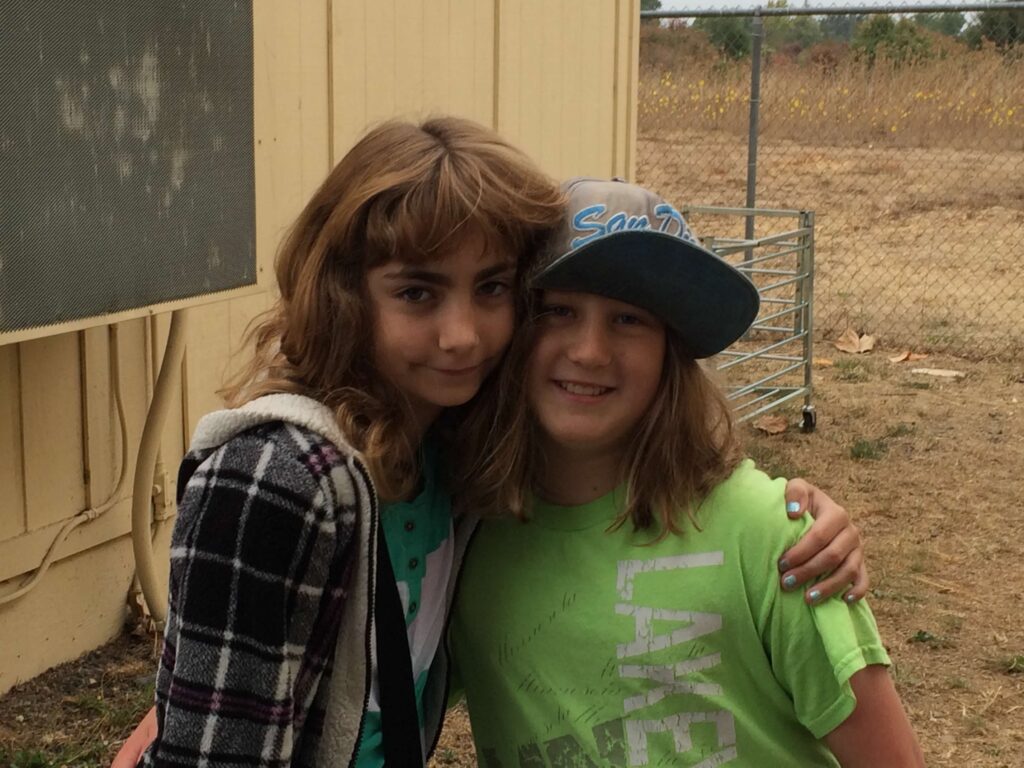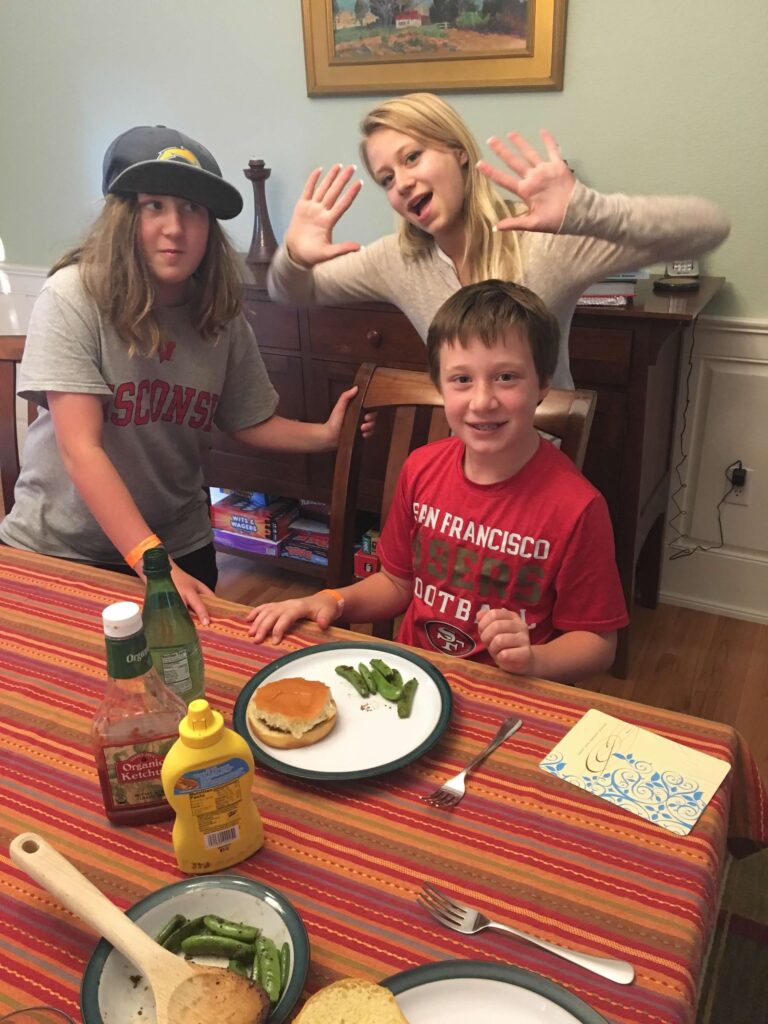If there was an award for working with the most family therapists, I would be writing my speech. Over the last 20 years, I received therapy services from eight different therapists. Each professional taught me something and then I stopped going because I thought, “I got this.” Inevitably, a different challenge would arise, and I would need new strategies or ideas to handle the latest behavioral crisis. Parenting presents so many challenges. When faced with ever-evolving behaviors, it is difficult to be your best self and for me, sometimes impossible.
My oldest daughter is in college. Since hindsight is 20/20, I can look back and see what worked and what did not work. Everyone can do that, and everyone feels the associated guilt with the mistakes. Even though I know effective behavioral strategies, I still screw up often with my other two kids. Everyone knows how hard it is to change behavior, especially the behavior of an adult. My intentions are good, but at times my behavior does not deserve any awards.
Here are the five strategies that I find to be the most helpful when I remember to use them:
Choose your battles wisely.
Just because your teenager is inviting you to an argument, you do not have to accept the invitation. We often cannot take out our anger on the source, so we turn to those we love.
It is so difficult to remain calm during a teenage hurricane swirling around you, so remove yourself from the situation before you lose your cool. Turn around and make silent screaming faces or lock yourself in the bathroom but avoid engaging in the battle. Find a time later to discuss what was really the source of the frustration.

Expect the unexpected!
I can remember talking to therapist number five and hearing those words. I, like every human on earth, told her that I reacted inappropriately when I was surprised by my children’s outbursts.
My therapist looked at me and said, “You should always be expecting the challenging behaviors. If you are prepared for a melt-down or a disrespectful comment, then you are better able to handle the situation when it occurs.”
I like to think of it as developing a game plan. Study your child, find the patterns, and then prep yourself for the next “unexpected” situation, like when you try to serve her meatloaf and she decided to stop eating meat last night. How dare you.
Validate your teen’s thoughts and feelings.
I am not saying agree with them, but to acknowledge them. One of the biggest mistakes I made and make is trying to talk my kids out of their feelings.
Recently, my youngest child mentioned a situation where she felt like a teammate ignored her. I immediately started my reflexive, “Well, she probably wasn’t trying to ignore you. There is always a lot going on during lacrosse practice.”
My daughter shut down and stopped talking to me. The light bulb came on and I realized what I had done. AHHHH, when will I learn? What I needed to say was, “That seems like it was frustrating. Do you want to tell me more?”
For me, the difficult emotion to validate and handle is anger. When my teen is disrespectful and angrily accusing me of something, it takes the strength of Zeus and the kindness of Mother Theresa to hold it together. It is better to say, “You seem angry. Let’s talk later” rather than my instinctive response of, “What the hell is wrong with you?” Let me just say, that never works.

Do not give unsolicited advice.
No one likes unsolicited advice. When we experience a bad day at work and are venting to a spouse or a friend, do we want them to say, “Well, what you should do tomorrow is .. blah, blah, blah?” No, what we want them to say is, “OH MY GOD! What an asshole! Let me get you a glass of wine.” That is it. We want them to validate our feelings (see number 3), listen, and grab some wine.
Our kids are the same way, except for the wine part. We need to validate their feelings and then ask them if they want our help, such as “Do you want to know what I think?” This gives your teen some control over the situation, plus it gives them a chance to problem solve on their own.
Hopefully, it hints at the idea that I believe they can solve their problems, but I am here if they need me. I will take that glass of wine now, thank you.
Apologize when you screw up.
I got this strategy down. I screw up all the time, even with the advice of eight therapists. I know how I want to respond to challenging behaviors, but when faced with a teen who is screaming at me, my primitive brain reacts, and I flip out. Later, when I am calm, I apologize for how I behaved and then state what I can do differently next time.
To behave differently, we need to identify a substitute behavior. For example, “I am sorry that I snapped at you earlier today. I was anxious about a meeting coming up. Next time, I will try to say that I am distracted and ask if we can talk later.” And if your teen still is upset with you, offer some chocolate.
Parents want to be perfect, but we are imperfect beings. We yell when we should be calm. We scold when we should listen. We ignore when we should pay attention. Thankfully, our kids forgive us when we acknowledge what we did wrong.
Modeling how to apologize and what you want to do differently next time are vital skills for all relationships. In fact, most of these strategies work great with my spouse, especially the ones involving wine.

Parenting: the hardest job on Earth
Parenting is humbling and triggering and earth-shattering and SOOOO hard. We are all trying our best. Some days are fabulous and bring joy. Other days make you want to hide under a blanket and emerge when everyone has moved out.
On the bad days, remember that tomorrow is a new day. You will have an opportunity to be the parent you want to be. But for tonight, eat chocolate, open an adult beverage, and perhaps shed a tear.
Who knows what madness you will face tomorrow but I guarantee you, the madness will come. Bottoms up!
Please let me know some of your favorite parenting strategies. Enter it into the comments below.
As parents, we need to learn from each other. Now, where is that corkscrew…….